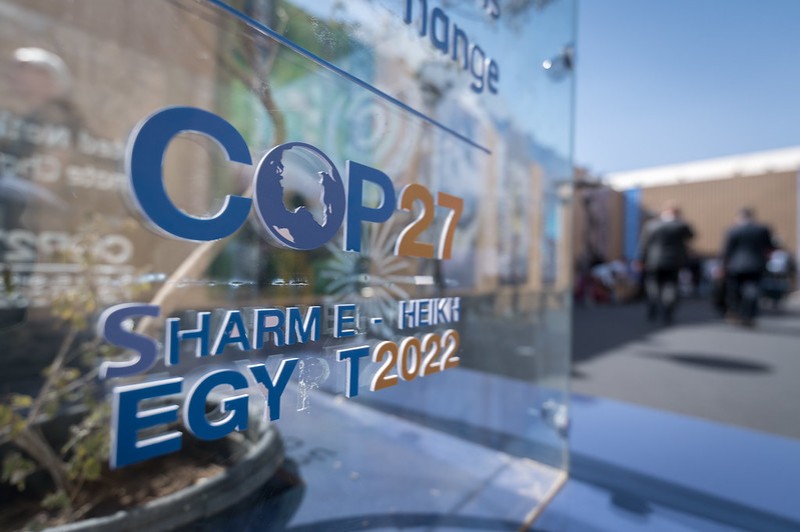* By Peter Pavlovic
The intergovernmental panel report (IPCC) on climate change confirms that the total anthropogenic greenhouse gasses (GHG) emissions have continued to rise, in spite of all efforts, during the 2010–2019 period. GHG emissions during this time have been higher than in any previous decade.
COP27 aims to address the credibility deficit in the process that followed the Paris agreement, and the lack of trust between developed and developing countries in embarking on this process. Both sides are looking at climate change from different perspectives. Industrialised countries see it as an opportunity for a change, developing countries see it as the moment that rich countries should acknowledge that their well-being has been achieved to a large extent on the backs of the poor and underdeveloped world. They expect rich countries to pay a fair price for the well-being they enjoy, and contribute significantly by compensating financially for the suffering the impacts of climate change have brought to parts of the world that did not cause it, and, finally, to enable a path to a just, fair and a sustainable future for all.
Ongoing global warming and increasingly devastating impacts of climate change offer ample reasons to admit that time is running out. As expressed by one of the world leaders: ‘The aim to keep global warming below 1.5 degrees, as it was agreed in Paris, is still alive, but on life support treatment.’
In response to the devastating impacts of climate change affecting vulnerable people all over the world, the COP27 Presidency launched the Sharm El Sheikh adaptation agenda, aiming to enhance resilience for 4 billion people living in the most climate-vulnerable communities.
This is the first comprehensive global plan to rally both state and non-state actors behind a shared set of adaptation actions that are required by the end of this decade to reduce the impact of climate change.
At the same time, it is increasingly recognised that a significant part of the effort to reduce climate change needs to be related to the decrease of consumption demands in developed countries. The IPCC reports suggest that behavioural change needs to be studied further. The science estimates that demand side strategies have the potential of reducing 40-70% of greenhouse gas emissions.
Churches and religions have their role to play in these efforts. For most people in the world, religion is one of the major factors determining their life patterns. The Churches’ role in underlining the concept of the world as creation that is not in our ownership is more important than ever. In the light of climate change, the words of Psalm 24: ‘The earth is the Lord’s and all that is in it, the world, and those who live in it,’ in connection with the question laid out in Psalm 116: ‘What shall I return to the Lord for all his bounty to me?’ call for a new understanding of justice and fairness. Churches need to elaborate this understanding with new vigour and determination.
* Rev. Dr Peter Pavlovic, from CEC and ECEN, is a member of the ecumenical team, led by the WCC at COP27 in Egypt.
